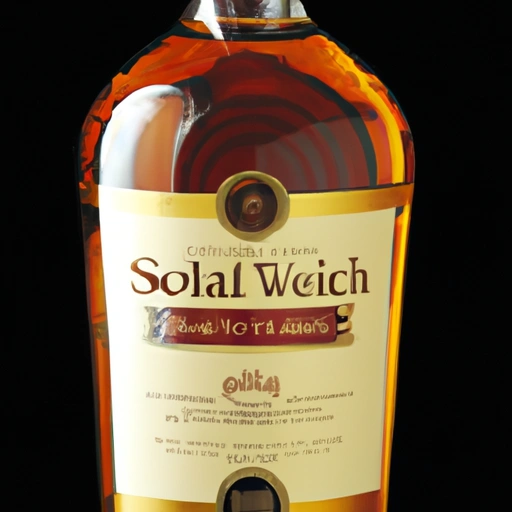Scotch Whisky
Description

Scotch whisky, often simply known as Scotch, is a revered distilled spirit hailing from Scotland, made primarily from malted barley and aged in oak barrels for a minimum of three years. Recognized worldwide for its rich flavor profile, Scotch whisky can be an intriguing addition to various recipes, bringing depth and complexity to both sweet and savory dishes. When using Scotch whisky in cooking, it is typically measured in fluid ounces (oz) or milliliters (ml), with 1 oz being equivalent to approximately 30 ml. In recipes, you may see amounts ranging from a tablespoon (15 ml) to a cup (240 ml / 8 oz), depending on the desired intensity of the whisky flavor.
Common uses
While Scotch whisky is often enjoyed on its own or in cocktails, it also finds its way into the kitchen, where it infuses dishes with its smoky, peaty, and sometimes sweet or fruity notes. It is commonly used to deglaze pans, to flambe foods, and as a flavor enhancer in marinades, sauces, and desserts such as the iconic Scottish dessert, Cranachan, or the decadent whisky-infused chocolate mousse.
Nutritional value
Calories
Scotch whisky contains approximately 70 calories per 1 oz (30 ml) serving, with no carbs, protein, or fat since it is a distilled spirit.
Protein
Scotch whisky contains no protein.
Fat
Scotch whisky contains no fat.
Carbohydrates
Scotch whisky contains no carbohydrates; however, mixers added to whisky-based cocktails may contain carbs.
Vitamins
Scotch whisky does not provide a significant source of vitamins.
Minerals
Scotch whisky is not a notable source of minerals.
Health benefits
While Scotch whisky is not known for health benefits in the traditional sense, moderate consumption has been associated with certain cardiovascular benefits. However, these benefits must be weighed against the risks associated with alcohol consumption.
Potential risks
Overconsumption of Scotch whisky can lead to health issues, including liver disease, addiction, and negative impacts on mental health. It is important to enjoy whisky responsibly, adhering to recommended guidelines for alcohol consumption.
Common recipes
Scotch whisky is often found in recipes for rich gravies, whisky cream sauces, decadent desserts like whisky-soaked cakes, and of course, various beverages and cocktails.
Cooking methods
Scotch whisky can be used in cooking methods such as sautéing, flambéing, marinading, and as a finishing touch in sauces and desserts.
Pairing with other ingredients
The robust flavor of Scotch whisky pairs well with strong cheeses, dark chocolates, and smoked meats, enhancing the overall taste experience.
Summary
Scotch whisky is a versatile ingredient that can be used to impart a distinctive flavor to a wide range of dishes. While it provides no nutritional value, its cultural heritage and complex flavor profile make it a popular choice in culinary ventures around the world. When used in moderation, it can elevate a simple recipe to an extraordinary gastronomic creation.